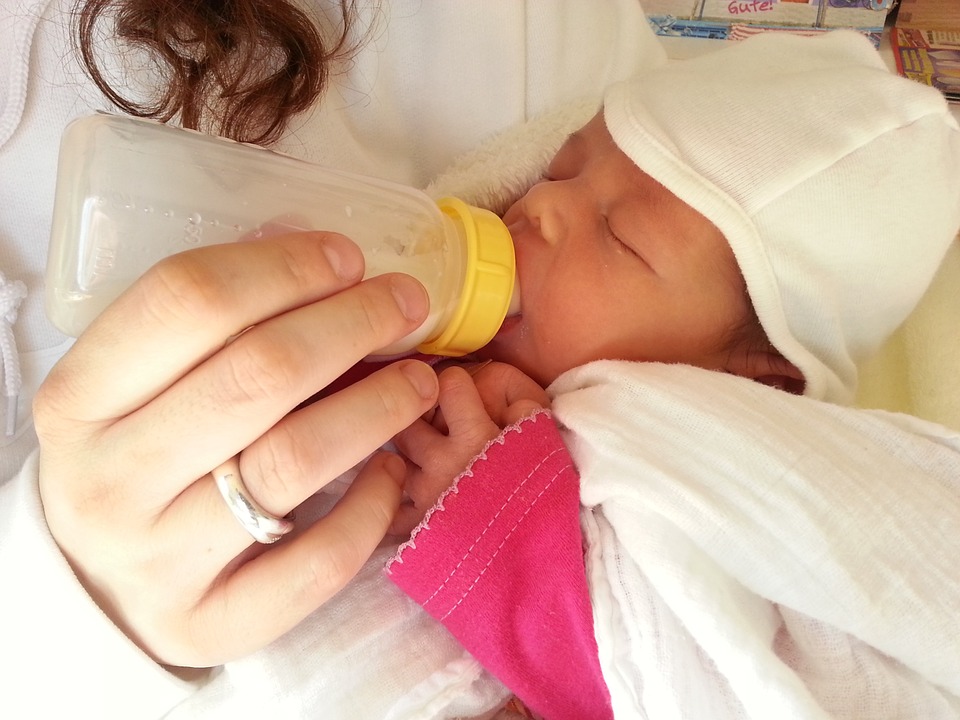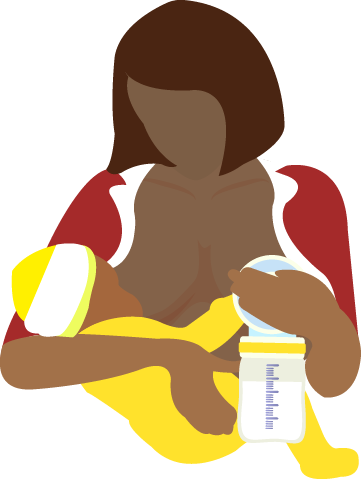
In many countries, the reinforcement of a “breastfeeding culture” and its vigorous defense against incursions of a “formula-feeding culture” is imperative. Many mothers neither exclusively breastfeed for the first six months of the baby’s life nor continue breastfeeding for the recommended two years or more, and instead replace breast milk with commercial breastmilk substitutes or other milks. Artificial feeding is expensive and carries risks of additional illness and death, particularly where the levels of infectious disease are high and access to safe water is poor. Formula-feeding poses many practical challenges for mothers in developing countries, including ensuring the formula is mixed with clean water, that dilution is correct, that sufficient quantities of formula can continually be acquired and that the feeding utensils, especially if bottles are used, can be adequately cleaned.
Formula is not an acceptable substitute for breastmilk because formula, at its best, only replaces most of the nutritional components of breast milk: it is just a food, whereas breast milk is a complex living nutritional fluid containing anti-bodies, enzymes, long chain fatty acids and hormones, many of which simply cannot be included in formula. Furthermore, in the first few months, it is hard for the baby’s gut to absorb anything other than breastmilk. Even one feeding of formula or other foods can cause injuries to the gut, taking weeks for the baby to recover.
The major problems are the societal and commercial pressure to stop breastfeeding, including aggressive marketing and promotion by formula producers. These pressures are too often worsened by inaccurate medical advice from health workers who lack proper skills and training in breastfeeding support. In addition, many women have to return to work soon after delivery, and they face a number of challenges and pressures which often lead them to stop exclusive breastfeeding early. Working mothers need support, including legislative measures, to enable them to continue breastfeeding.
Source: Unicef



